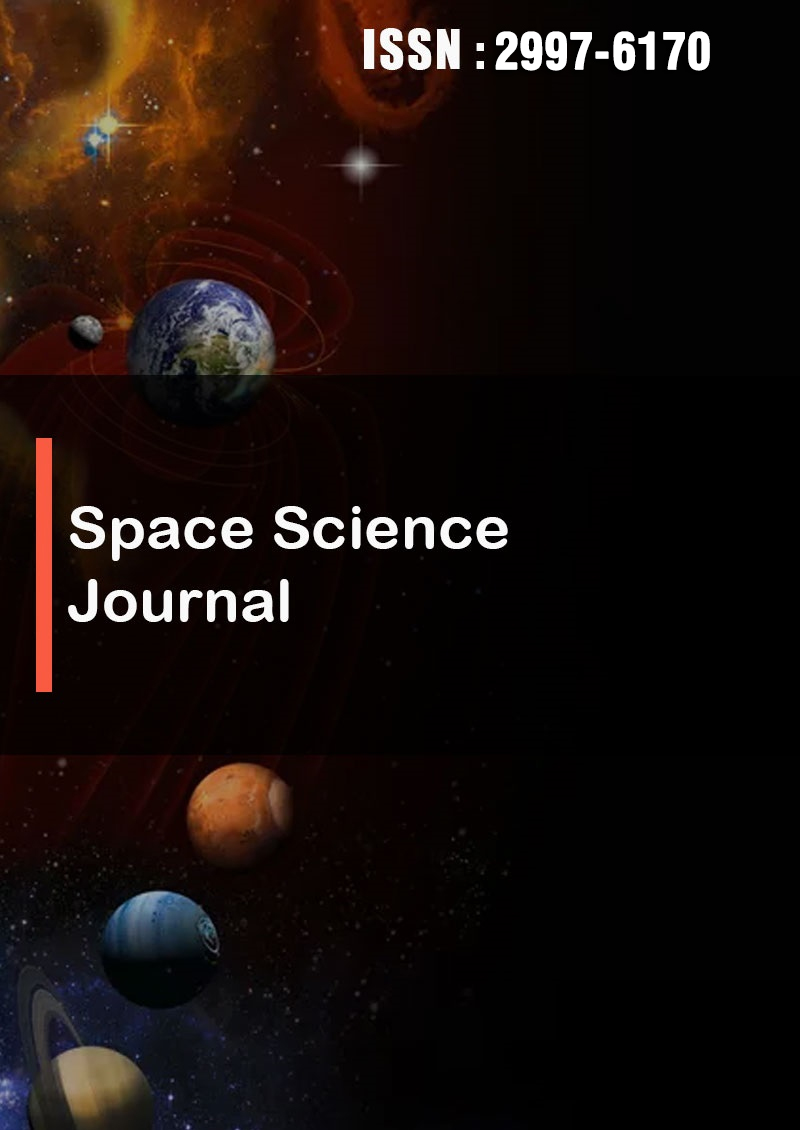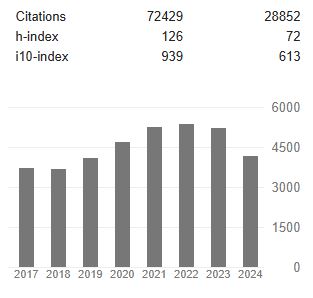Mathematical Logic: Gross Formal--Logical Error in Mathematics (Call to Debate)
Abstract
Temur Z. Kalanov
The critical analysis of the starting point of mathematical (symbolic) logic is proposed. Methodological basis of the analysis is the unity of formal logic and rational dialectics. It is shown that mathematical logic represents incorrect mathematical theory. Arguments are as follow [1]s. Pure mathematics operates on mathematical quantity. Pure mathematics and mathematical (symbolic) logic ignore the correct methodological basis (i.e., criterion of truth) of science [2]. Mathematics and mathematical (symbolic) logic abolishes (deletes) essence (central point) of formal logic: concept and proposition (as a logical form of verbal expression (statement) of thought). But thought without words does not exist. If concepts and propositions as meaning contents are removed from consideration, then formal logic is destroyed [3]. Mathematical (symbolic) logic replaces proposition by the property of proposition: “truth” or “false”. But the concepts “proposition” and “property of proposition” are not identical. In this case, the formal logic is destroyed. In addition, the concepts “proposition” and “property of proposition” do not represent mathematical quantities, and the concepts cannot be in mathematical formalism [4]. The starting point of mathematical (symbolic) logic represents several symbols that connect (join, unite) the words “truth” and “false” in truth tables. But words “truth” and “false” do not represent mathematical quantities, and words “truth” and “false” cannot be in mathematical formalism. The symbols are erroneously called propositional connectives. The symbols denote the words “negation”, “and”, “or”, “if, then”, “if and only if”, etc [5]. The symbols of common truth-functional operations are not mathematical symbols (i.e., symbols of mathematical operations). The definition of symbols is based on set theory. But set theory is an erroneous theory. Therefore, the use of these symbols in mathematical (quantitative) expressions is a gross mistake [6]. The essences of formal logic and mathematics are different. The qualitative aspect (i.e., meaning content) is the essence of formal logic; the quantitative (i.e., numerical) aspect is the essence of mathematics. Since formal logic has no quantitative aspect, and mathematics has no qualitative aspect, the union (join, conjunction, combination, synthesis) of formal logic and mathematics is a gross methodological error.
Thus, mathematical logic is a thoughtless, absurd theory in science.




